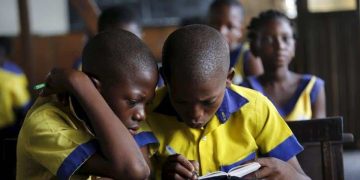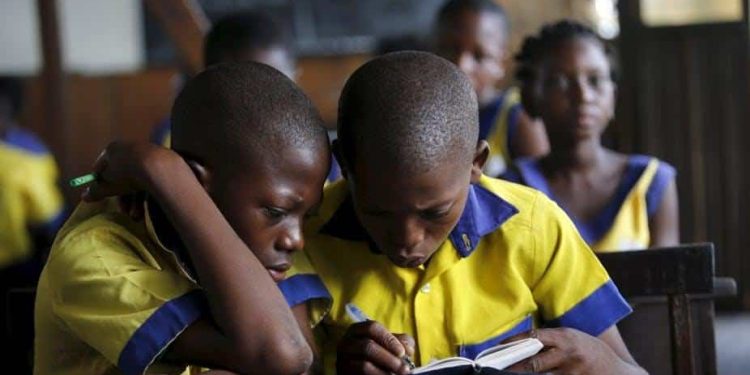As Nigerian primary and secondary schools welcome students back for the new academic term after a prolonged third-term break, parents and guardians are feeling the strain of a harsh economy and rising school fees.
This return to school coincides with a challenging economic climate, marked by a staggering increase in fuel prices, surging from N197 per litre to a jaw-dropping N615 per litre following the federal government’s removal of fuel subsidies.
The first term of the academic year typically involves added expenses, including new uniforms and textbooks, further burdening parents already stretched thin financially. Compounding this, many schools, particularly in the Federal Capital Territory (FCT) and across the states, have quietly raised their fees and logistical charges.
For instance, a prominent secondary school in Orozo, on the outskirts of Abuja, has increased its fees significantly from N2.8 million per term to a whopping N3.87 million. Similarly, a popular secondary school in Jabi, Abuja, has raised fees for Junior students from N3.8 million to 4.5 million Naira.
The news of these fee hikes has left many parents frustrated and anxious about managing the financial strain. They are calling on the government to take immediate action to alleviate the adverse effects of the subsidy removal, which has worsened an already dire economic situation.
Parents are also urging school owners to approach fee adjustments with consideration and transparency. They highlight the need for a balance between providing quality education and affordability.
Sarah Thompson, a civil servant, stressed the importance of transparent fee structures in these challenging times. She expressed her concern over the rising costs of education and how it’s affecting parents.
Another parent, Fatima Ahmed, a tailor, echoed the sentiment that while they want the best education for their children, affordability is becoming increasingly elusive due to rising costs.
Enuwa Ochefu, a mother of triplets who is a petty trader, described the sacrifices parents are making to ensure their children can continue their education.
Meanwhile, Miss Israel Kwer, the proprietor of Mt Moriah Group of Schools in Abuja, explained the financial difficulties her school is facing since the removal of fuel subsidies but highlighted that they hadn’t increased bus fees in response to rising fuel costs.
In Enugu State, Chief Chris Eze emphasized the need for both the government and school proprietors to be sensitive and responsive to the challenges parents are facing in accessing affordable education.
It has been observed that some parents are forced to withdraw their children from private schools due to their inability to pay the increased fees.
- Latest
- Trending















